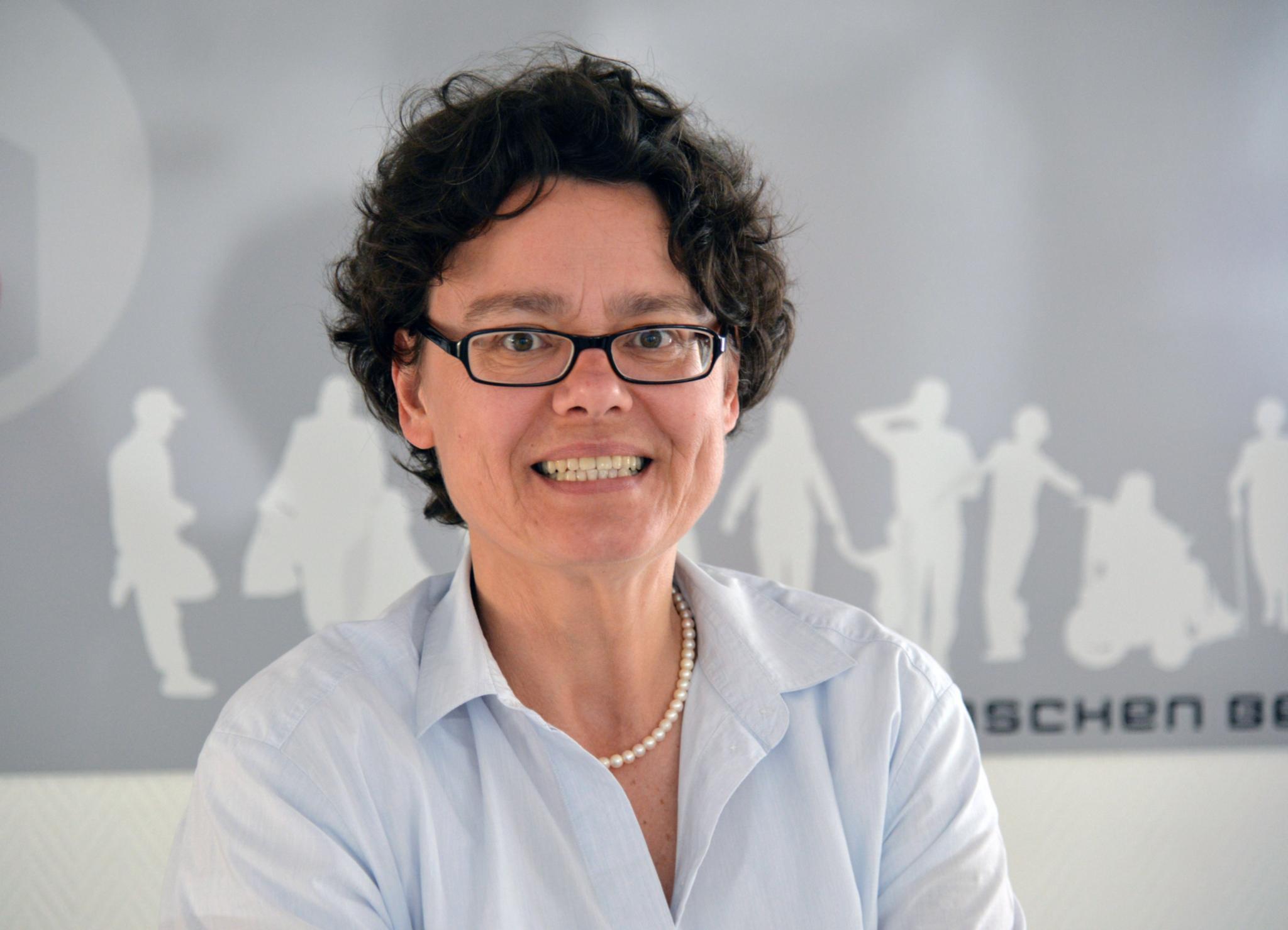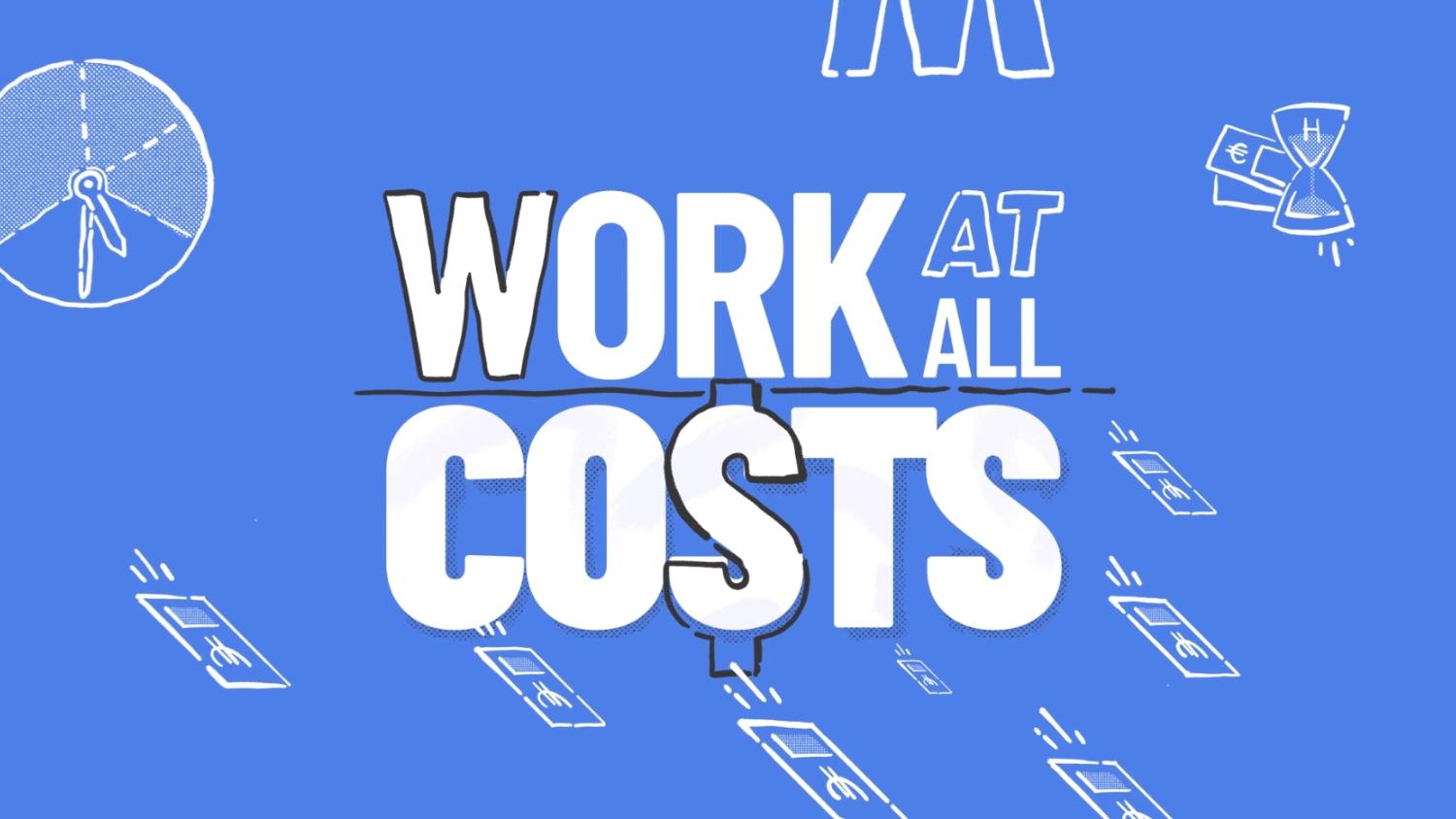Hintergrund des Projekts
Das Projekt "Work at all Costs" hat sich mit Frauen in prekären Beschäftigungsverhältnissen befasst. Bei diesem Thema geht es um nichts weniger als um die Grundsätze eines demokratischen und sozial gerechten Europas. Michael Walzer (1993, S. 173) sagte einst, dass der Liberalismus nicht gekennzeichnet sei durch die Freiheit, dass sich Menschen zusammenschließen können, sondern vielmehr durch die Freiheit, Bindungen wieder verlassen zu können. Nun setzt Freiheit Möglichkeiten voraus und die zentrale Voraussetzung hierfür ist wiederum wirtschaftliche Unabhängigkeit. Wirtschaftliche Abhängigkeit dagegen führt u.a. nachweislich zu einem Verharren in Gewaltbeziehungen (EPRS 2020, S. 2). Am Gap zwischen existierenden Rechten auf der einen Seite und der Rechtsrealität auf der anderen Seite setzt das Projekt an. Fünf Partner aus dem Bereich der gewerkschaftlichen und gewerkschaftsnahen Arbeitnehmer*innenbildung haben die ihr zur Verfügung stehende Reichweite und Kompetenzen genutzt, für die Thematik zu sensibilisieren und Materialien erstellt, um Bildungsangebote und Organisationen geschlechtergerecht zu gestalten. Für viele Einrichtungen konnten wir europäische Standards für lokale Lernumgebungen definieren.
Zielsetzungen
Alle Projektpartner sind Mitglieder bei dem Europäischen Zentrum für Arbeitnehmerfragen (EZA). Die Organisation besteht aus 71 Mitgliedern in 29 europäischen Ländern und ist vor allem in der Arbeitnehmer*innenbildung aktiv. Trotz der EZA-eigenen Plattform IPEO (International Platform for Equal Opportunities) war der Anspruch an eine chancengerechte Bildungsarbeit nicht zufriedenstellend erfüllt. Frauen und Männer führen oft nicht das gleiche Leben. Dies trifft umso mehr zu, sobald Frauen Sorgeverantwortung übernehmen. Bildungsangebote müssen dies berücksichtigen: vom richtigen Timing für Angebote bis zur Themenauswahl. Pay, Employment, Care und schlussendlich Pension Gap - alle sind weiblich und hängen oft eng mit einer unzureichenden Versorgung mit öffentlichen Gütern zusammen. Sie machen sie vulnerabler auf der Arbeit, Arbeitsplatzbewertungen sind oft nicht geschlechtergerecht, sie sind häufiger von sex. Belästigung betroffen usw. Eine im Projekt entwickelte Charta zur Gleichstellung setzte hier an, verpflichtete die Mitglieder, ihre Organisationen und ihre Bildungsangebote zu entwickeln. Damit dies gelingt, haben wir im Projekt ein Curriculum entwickelt, ein Webinar erstellt und einen Film zur Sensibilisierung gedreht.
Ergebnisse
Folgende Ergebnisse finden Sie weiter unten auf der Website:
• Charta zur Gleichstellung der Geschlechter
• Projektfilm
• Zweiteiliges Curriculum
• Webinar – bestehend aus zwei Lernvideos
Projektpartner
• Bildungs- und Begegnungsstätte Nell-Breuning-Haus e.V., Deutschland (Herzogenrath)
• LIETUVOS PROFESINE SAJUNGA "SOLIDARUMAS", Litauen (Vilnius)
• Arbeiter-, Freizeit- und Bildungsverein, Italien (Bozen)
• CONFEDERATION OF LABOUR PODKREPA SDRUZHENIE, Bulgarien (Sofia)
• Europejski Dom Spotkan – Fundacja Nowy Staw, Polen (Lublin)
Project Background
The "Work at all Costs" project has dealt with women in precarious employment. This issue is about nothing less than the principles of a democratic and socially just Europe. Michael Walzer (1993, p. 173) once said that liberalism is not characterized by the freedom of people to enter into relationships, but rather by the freedom to leave relationships again. Freedom implies opportunities, while its main prerequisite is economic independence. Economic dependence has been shown to lead to persistence in violent relationships (EPRS 2020, p. 2). Five partners from the field of trade union and unionrelated employee education have used the reach and skills at their disposal to raise awareness of the issue and to create outcomes to design educational offers and develop organisations in a gender-equitable way. For many institutions, we have been able to define European standards for local learning environments.
Goals
All project partners are members of the European Centre for Workers' Questions (EZA). The organization consists of 71 members in 29 European countries and is primarily active in employee education. Despite EZA's own platform IPEO (International Platform for Equal Opportunities), the demand for equal opportunity educational work was not satisfactorily met. Women and men often do not lead the same life. This is all the more true as soon as women take on care responsibilities. Educational offers must take this into account: from the right timing for offers to the selection of topics. Pay, employment, care and finally the pension gap - all are female and are often closely related to an inadequate supply of public goods. They make them more vulnerable at work, job evaluations are often not gender-equitable, they are more likely to be affected by sexual harassment, etc. A charter on equality developed in the project started here, obliging members to develop their organisations and their educational offerings. To achieve this, we developed a curriculum in the project, created a webinar and made a film to raise awareness.
Results
You can find the results further down on the website:
• Charta for the Promotion of Equality
• Project Film
• two part Curriculum
• Webinar – consisting of two learning videos


















